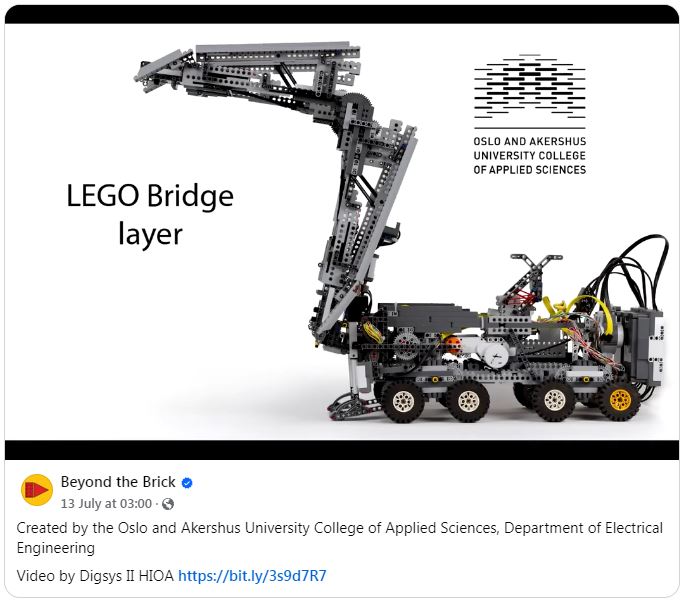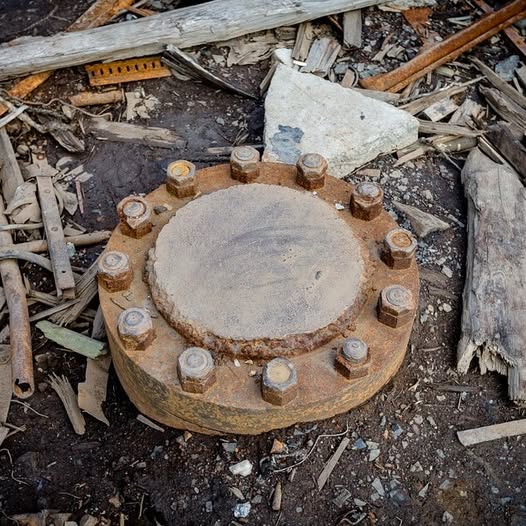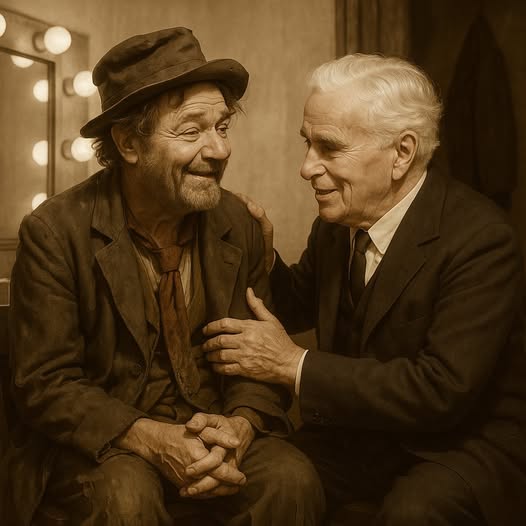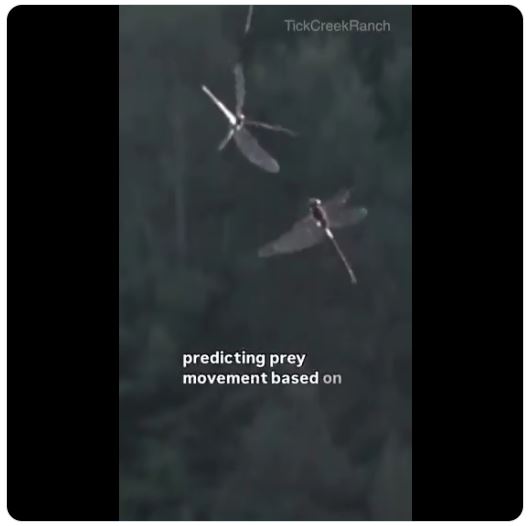
Next level Lego for the creative inspiration!

Tom's Blog on Life and Livingness

Mike Rowe: “We’ve been telling kids for 15 years to learn to code.”
“Well, AI is coming for the coders.”
“It’s not coming for the welders, the plumbers, the steamfitters, the pipefitters, the HVAC, or the electricians.”
“In Aspen, I sat and listened to Larry Fink say we need 500,000 electricians in the next couple of years—not hyperbole.”
“The BlueForge Alliance, who oversees our maritime industrial base—that’s 15,000 individual companies who are collectively charged with building and delivering nuclear-powered subs to the Navy … calls and says, we’re having a hell of a time finding tradespeople. Can you help?”
“I said, I don’t know, man … how many do you need? He says, 140,000.”
“These are our submarines. Things go hypersonic, a little sideways with China, Taiwan, our aircraft carriers are no longer the point of the spear. They’re vulnerable.” “Our submarines matter, and these guys have a pinch point because they can’t find welders and electricians to get them built.”
“The automotive industry needs 80,000 collision repair and technicians.”
“Energy, I don’t even know what the number is, I hear 300,000, I hear 500,000.”
“There is a clear and present freakout going on right now. I’ve heard from six governors in the last six months. I’ve heard from the heads of major companies.”





In the 1950s, Red Skelton was performing to sold-out crowds in Los Angeles. One night after the show, an elderly, hunched man in tattered clothes appeared at the stage door—so unrecognizable that the staff assumed he was just another street performer and tried to send him away.
But the man quietly pleaded:
“Please… tell Mr. Skelton I’ve come to see Freddie the Freeloader.”
Red, still dressed as his beloved character Freddie, heard the commotion and peeked outside—only to be completely stunned.
It wasn’t just anyone.
It was Charlie Chaplin—the silent film legend himself.
Red immediately invited him in, offered him a seat, and the two comedians spent nearly two hours together, just the two of them. No reporters, no audience—just two kindred spirits sharing stories from the heart.
Chaplin told Red:
“Freddie the Freeloader… he’s a beautiful soul. He’s the closest I’ve seen to The Tramp since I retired him.”
For Red, this meant the world. Chaplin was his idol, and to have him recognize Freddie—not as a copy, but as a kindred soul—was the highest honor.
Before leaving, Chaplin embraced Red and whispered:
“Never stop playing that character. The world needs to remember that even a man with nothing… can still give everything.”

This farmer explains what he does to protect his cattle from flies.
You are not what was done to you.
You are what you became in spite of it.